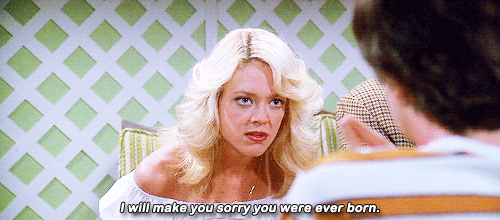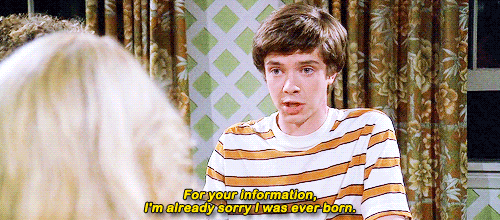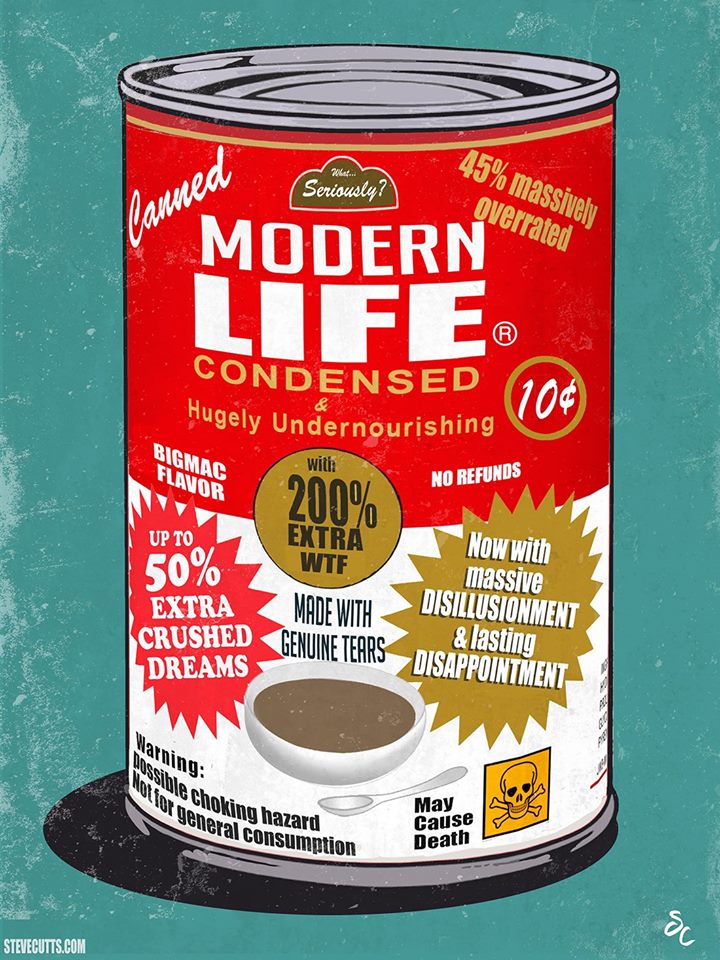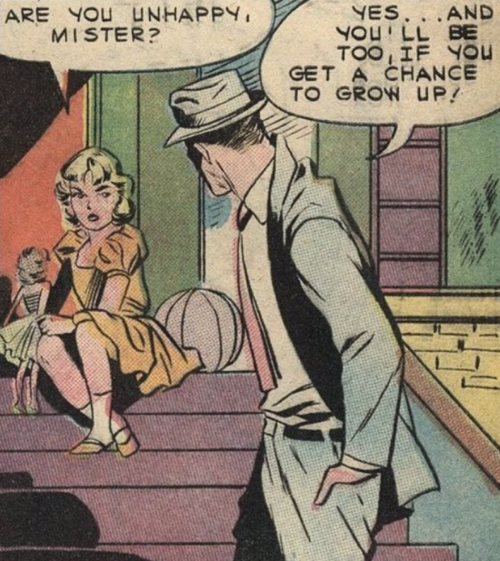Post*
Most people, the untutored folk and trained philosophers alike, think of morality as truly universal, at least for the parts of it that they take seriously. Consider propositions like “it is wrong to enslave human beings.” If you were to ask most people if it is always and everywhere wrong to enslave human beings, they would agree that it is.** Just ask Abraham Lincoln: “If slavery is not wrong, then nothing is wrong.” It isn’t just wrong to for someone to enslave human beings in industrial societies of the early twenty-first century, but wrong to enslave people in the nineteenth century, or bronze-age Mediterranean societies, or the Aztec Empire, wherever. If there are people on other planets, it is wrong to enslave them, and so on. If there will be people in the future, it will be wrong to enslave them. Historically well-informed people will be aware, of course, that at various times and places people have enslaved other people, and thought that they were right to do so. Some of them, from Aristotle to George Fitzhugh, even wrote intellectually serious defenses of the practice of slavery. But they, on this view, weren’t right. They are mistaken, blinded by evil or self-interest, unenlightened. They were wrong and we are right.
There are many possible worlds, one of which you and I happen to inhabit. Possible worlds are distinguished from one another by having different patterns of facts. Some of the differences may be trivial. In the world I inhabit there is a cup of coffee sitting to the right of the keyboard where I am typing these words. There is a possible world in which a counterpart of myself is also writing these words, but there is a cup of tea sitting to the right of his keyboard. Other possible worlds may be very substantially different from the one which we inhabit. Exercises in counterfactual historical thinking (what if Hitler got the atomic bomb?) are attempts to map out other possible worlds. Some possible worlds might be (to us) quite bizarre: a world consisting only of sausage, for example, or a world in which at random intervals cows spontaneously explode.
One way in which possible worlds can be distinguished from one another is by the moral beliefs their inhabitants hold. Even if moral truths are universal, moral beliefs are relative to worlds. In the world we inhabit, most people think that it is wrong to enslave human beings. But there are possible worlds in which most people think it is perfectly acceptable, perhaps even commendable, to make slaves of human beings. And of course, there are possible worlds in which people might have genuinely bizarre (to us) beliefs: that the best kind of life is one devoted to making triangle-shaped objects, or that the worst act that you can commit is to touch something colored blue. There are possible worlds in which no one has any moral beliefs at all. The particular moral beliefs you happen to have are a function of which of the many, many possible worlds you happen to inhabit. Given the range of possible worlds, which would seem to include all those with bizarre-to-us beliefs, the ones with beliefs similar to ours must be only a tiny fraction.
Take whatever candidate moral belief you like. “Enslaving human beings is wrong,” would seem to be a good one. If this proposition is genuinely true in the way that most people think that moral beliefs have to be true, then it should apply to all possible worlds just as it applies to all possible planets, all possible countries, all historical eras. There are possible worlds, a vast number of them, in which people believe differently and behave accordingly, of course, but those people are wrong: it is wrong to enslave people in those possible worlds as well.
Suppose for the sake of argument that there are moral truths. But the moral beliefs you have are a function which of the many possible worlds you inhabit. Getting the “right” moral beliefs would then be a matter of being lucky enough to inhabit a possible world in which the moral beliefs you have somehow correspond to moral truth a “right” possible world. But on what grounds could you know that the possible world that you inhabit is one of the ones in which moral beliefs happen to correspond to moral truths? Your ending up in such a world would seem to be a lucky coincidence of sorts, one that requires some sort of explanation.
Now it might be that only those possible worlds which are characterized by inhabitants with the “right” moral beliefs are “actual” worlds, or to get to the same result by another route, only worlds in which people with “right” beliefs are possible worlds, whereas those which have people with “wrong” beliefs are somehow impossible worlds. (The notion of an impossible world might be cogent, though I’m not sure. For example, a world in which “2+2=5” is true might be an example of an impossible world. Or maybe not. The ontology of numbers is a deep mystery, at least to me.) That’s all interesting, but why should we believe it? Does the Modality Fairy float above and beyond the range of possible worlds, wrinkling her sensitive nose at and snuffing out with her magic wand those with a bad moral smell? (What would it even mean to exist and not be part of some possible world?) The notion that only “right” worlds are actual cannot but seem very queer.
Notes
*This sketch is an attempt to generalize, beyond the parochial facts of life on this little planet, an evolutionary argument for metaethical error theory that can be found in work by Alex Rosenberg and Sharon Street. For the evolutionary argument, see Alex Rosenberg, The Atheist’s Guide to Reality: Enjoying Life without Illustions. (New York: W.W. Norton, 2011), pp. 94-114 (Google Books link here) and Sharon Street, “A Darwinian Dilemma for Realist Theories of Value,” Philosophical Studies 127, no. 1 (January 2006): 109-166 (Online PDF version here). The grandfather of these arguments would of course be J.L. Mackie’s famous defense of his bluntly-stated thesis: “there are no objective values.” See J.L. Mackie, Ethics: Inventing Right and Wrong. (New York and London: Penguin Books, 1990) (Google Books link is here). Back to main text.
**Not everyone, of course. Some people are genuine moral relativists who think that it is wrong to enslave human beings in the here and now but not that it was wrong in all times and places. Some people are moral skeptics who think that there are moral propositions but that none of them are true, or at least that none of them are rationally warranted. A few people even have exotic views on which moral sentences aren’t really propositions and on which things that look proposition-like (e.g. “slavery is wrong”) are really just emotive ejaculations like “boo hiss slavery” or universalized prescriptions like “let no one enslave anyone else” masquerading as proposition. But all these people put together probably only add up to a small minority. Back to main text.
***Or unlucky, if you happen to find conforming your behavior to the requirements of morality burdensome and painful. Back to main text.




